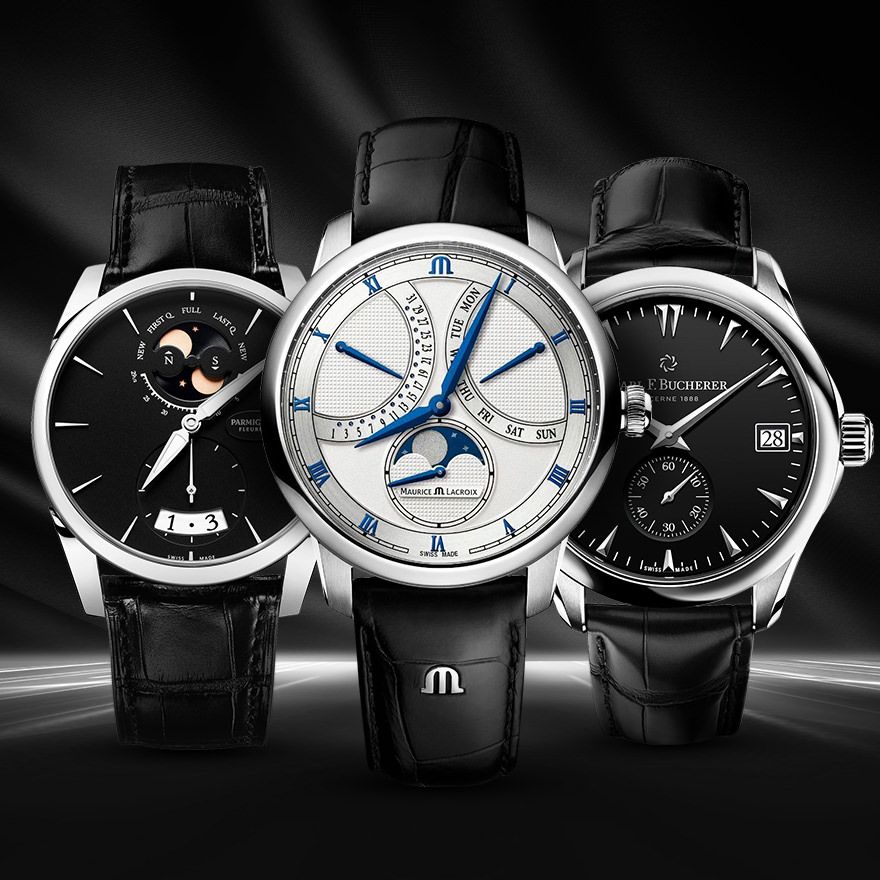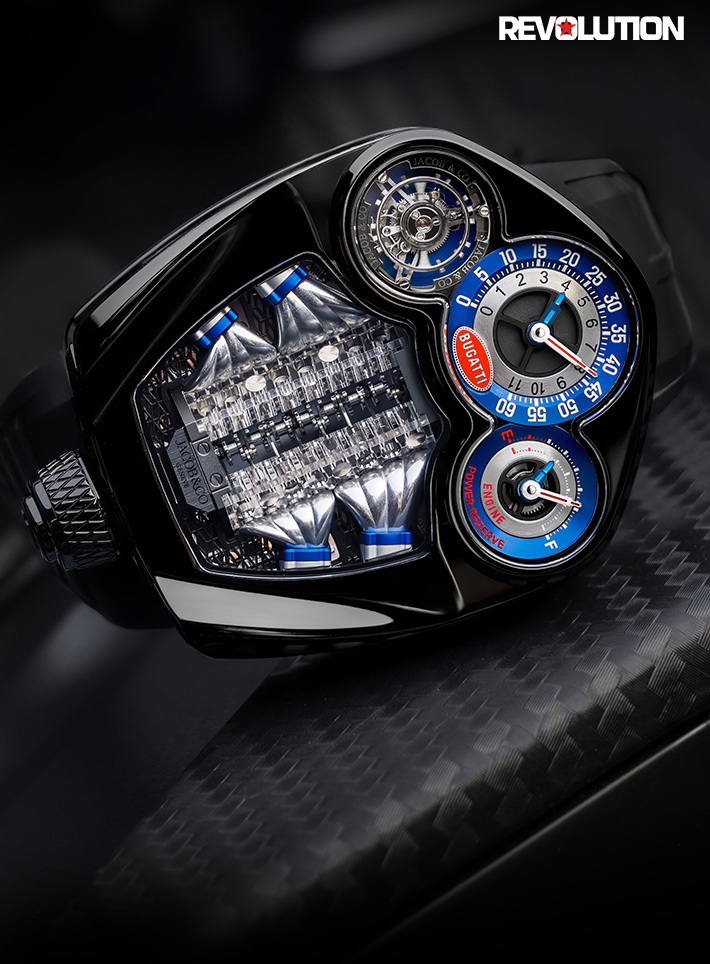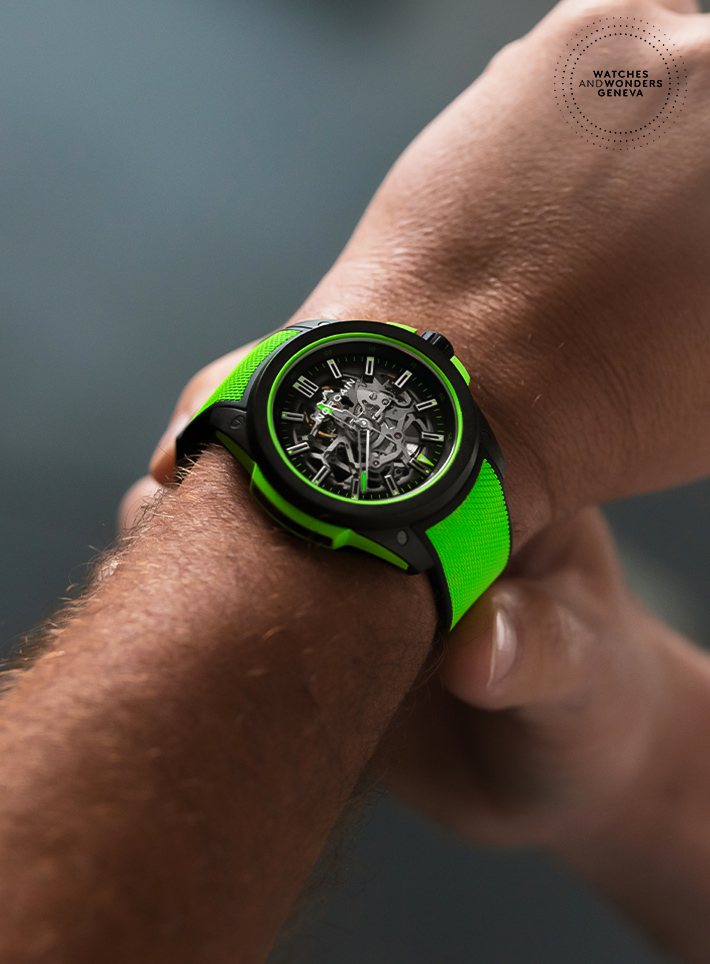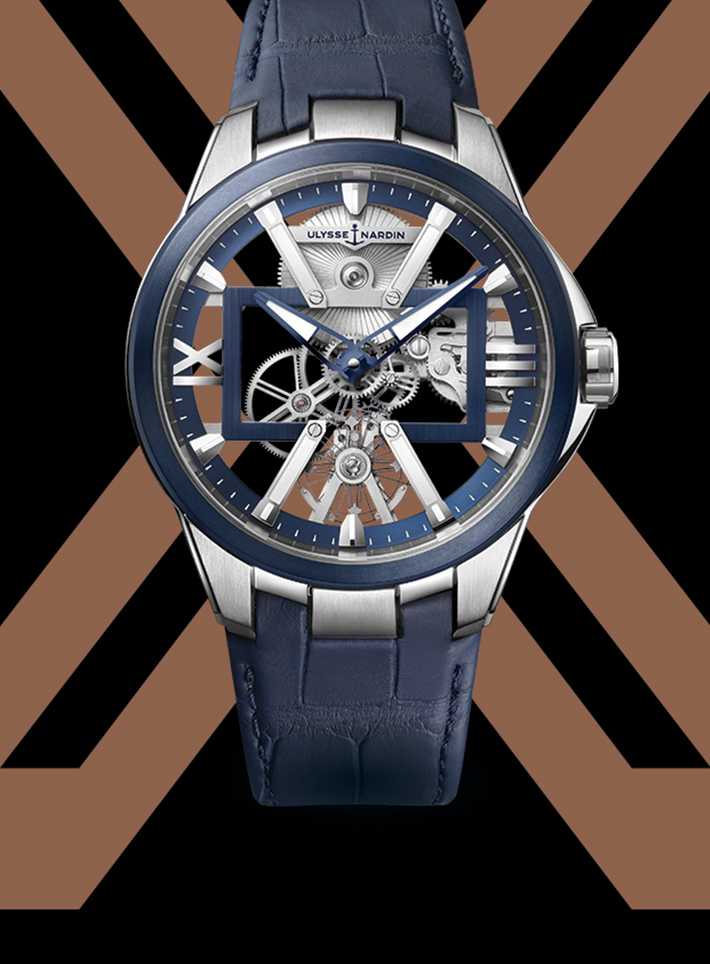Watch GlossaryCOSC (Contrôle Officiel Suisse des Chronomètres)
COSC is a Swiss non-profit organisation that certifies whether a watch movement—generally manufactured or assembled in Switzerland—deserves the ‘chronometer status’ after putting it through a series of accuracy tests
May We Recommend
What Is COSC In Watchmaking?
The Contrôle Officiel Suisse des Chronomètres (COSC) is a Swiss non-profit organisation responsible for certifying the accuracy of high-precision watches generally manufactured or assembled in Switzerland. In existence since 1973, the institute puts each submitted watch through rigorous precision and performance tests to determine its movement’s accuracy. If the watch movement clears these tests, it is COSC-certified and is christened as a ‘chronometer’. However, only five percent of the mechanical watches submitted, and 0.2 percent quartz watches win this certification every year.

The tests begin by uncasing the watch and testing the movement for 15 days in five positions (at three, six and nine o’clock, dial on top, and dial on the bottom) and at three diverse temperatures (eg -8°, 23°, and 38°C). Quartz movements are tested for 13 days, at one position, under three different temperatures and four diverse humidity levels. Results from these tests must meet seven eliminatory criteria. The movement is fixed with a seconds hand and stripped off its automatic winding mechanisms. One of the tests require the watch to be daily wound at the exact same second every day. Quartz watches are not subjected to ISO standards, though the clause ISO 10553:2018 tests their accuracy to determine if there’s any difference in the accuracy quotient as claimed by the manufacturer. COSC, meanwhile, puts quartz chronometers through eight eliminatory tests.

Five top watchmaking regions of Switzerland—Bern, Geneva, Neuchâtel, Solothurn and Vaud, with the Federation of the Swiss Watch Industry (FHS)—joined hands to form the COSC organisation. Watch manufacturers can submit their movement for testing at three Swiss-based laboratories in Biel, Saint-Imier and Le Locle with the hopes it acquires ‘chronometer status’. Among the popular brands, Breitling claim that all all their manufactured watches, since 2000, have run on chronometer movements, while Omega and Rolex claim that most of their production is COSC certified. While Rolex boast an even more advanced certification called ‘Superlative Chronometer’, Omega and Tudor are two of the only brands that have a METAS-certified Master Chronometer watches.

COSC-certification becomes important when the buyer is looking at timepieces for the purpose of investment. In such situations, a certified chronometer has the upper hand. The certification eliminates any doubts about authenticity, as the COSC is associated with the Federation of the Swiss Watch Industry’s anti-counterfeit group.









